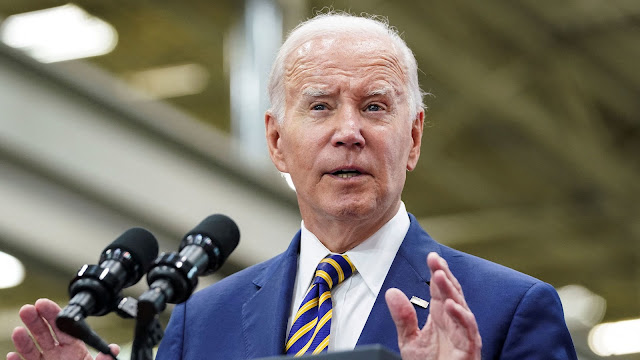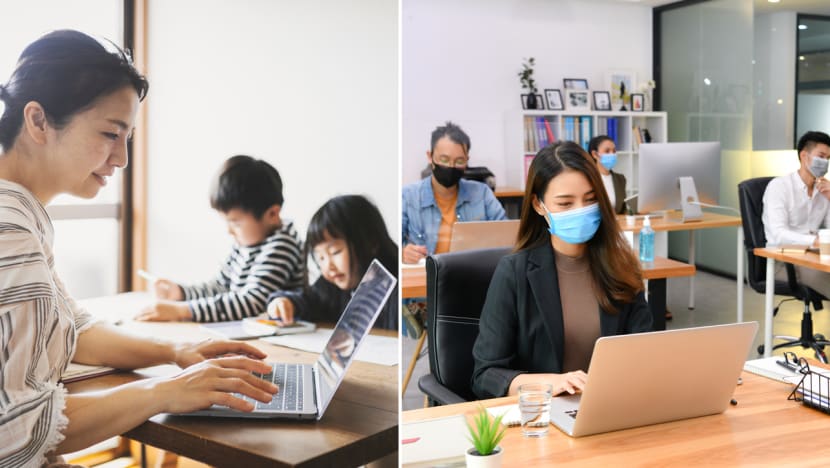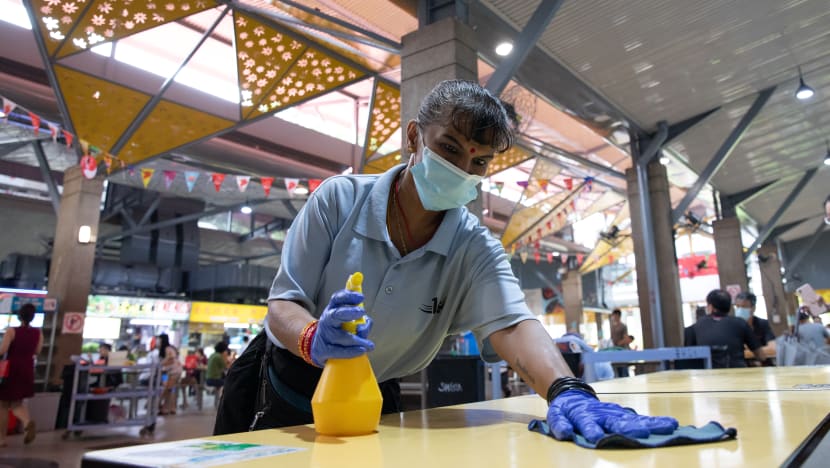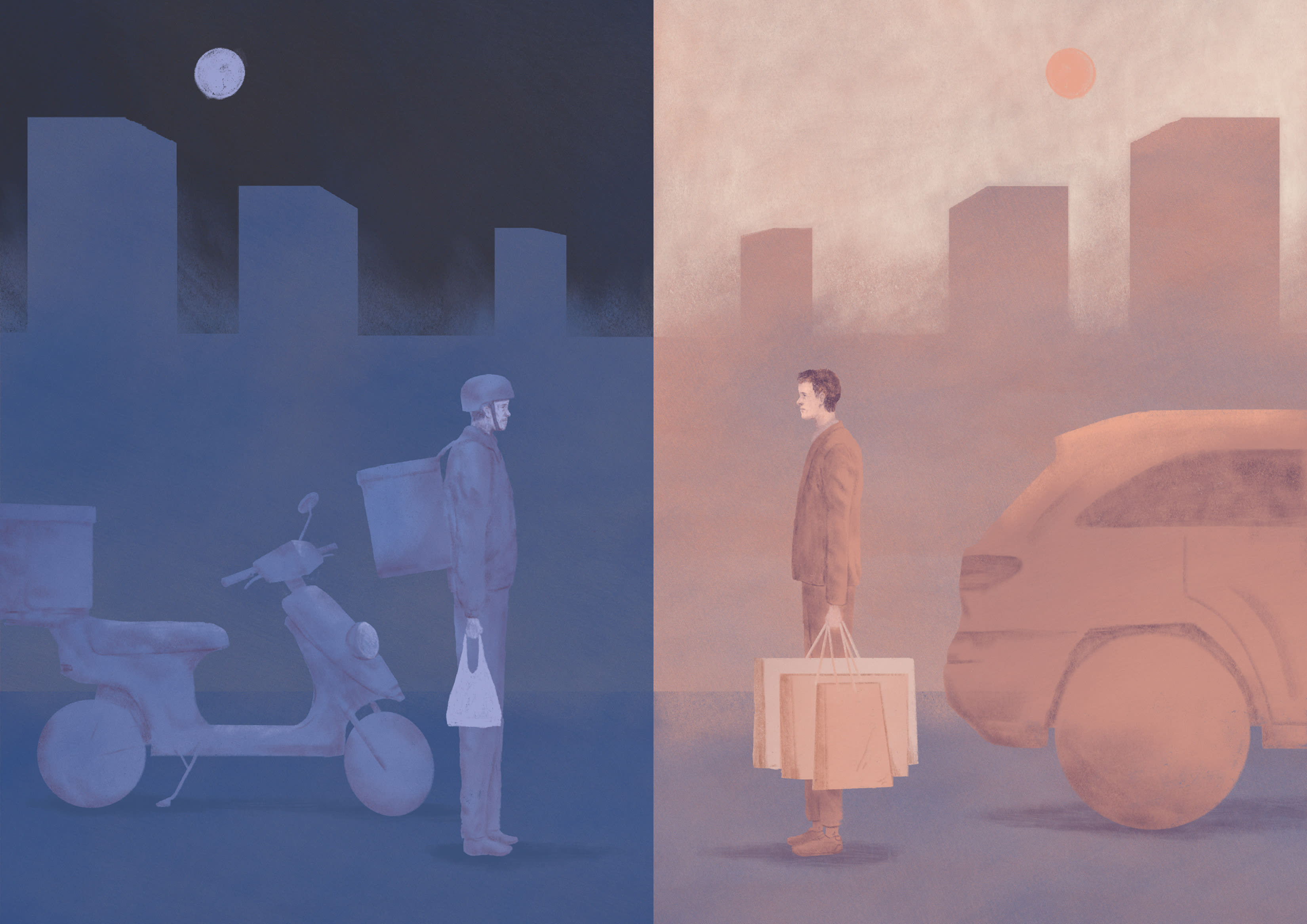By Simon Kuper
26 March, 2020
By the time this horror ends, it might have changed our way of life. Already, the coronavirus has achieved something that government policies and moral awakening couldn’t: It is pushing us into green living.
The nature of work, commuting and shopping changed this month. If that transformation sticks, then one day we’ll have happier and more productive societies, and we’ll look back on December 2019 as the all-time peak in global carbon emissions.
First of all, the pandemic may show that
offices are an outdated way to organise work. This is something I have suspected since my three-year office experience in the 1990s.
I was amazed at the inefficiency of the set-up:
People spent much of the day distracting each other by gossiping, flirting, complaining about the boss or that morning’s commute. I’ve worked happily alone for 22 years now.
Offices exist largely so that bosses can check whether workers are doing the work (or at least putting in face-time). But nowadays, data can do much of the monitoring. Meanwhile, improved workplace software such as Slack and Zoom lets employees collaborate from home.
The tech may actually outperform real life:
A professor who has hurriedly learnt Zoom told me he liked the way the software can instantly create small break-out groups of students to work on a problem.
In an auditorium, everyone has to pack their bags, find a room and grab a coffee on the way.
Now that entire countries are learning to work from their bedrooms, many employers may end up concluding that they can ditch expensive office space.
That wouldn’t merely reduce emissions, and liberate metropolitan workers from ghastly commutes (the daily round trip averages well over an hour in cities such as New York, Chicago and London).
The shift would also reduce urban house prices, as some offices get converted into homes, and some workers are freed to leave the city.
In the next year or two, virtual-reality software will let the boss (or at least the boss’s avatar) step into underlings’ home-offices to root out shirking.
In short, work could follow dating, shopping and game-playing in going virtual. That would make life greener but also more isolated.
To compensate, neighbourhoods will need more communal spaces. Already the death of bricks-and-mortar retail has allowed coffee shops and co-working spaces to take over high streets.
But we’ll also have to build more playgrounds (with some for adults), community centres and parks.
Another benefit:
The pandemic may help stop the decades-long rise in business travel.
I discovered this month that each time a trip was cancelled, I mostly felt relief.
I know the benefits of business travel: The two books I’m currently writing both came out of meeting someone while at a conference. So did my previous book.
However, most trips probably cause a net loss of productivity. While you search for the one or two useful people to talk to amid the 300 carbon-emitting duds at a disappointing conference, you’re missing work at home.
Moreover, most conferences feature a lot more wannabe sellers than buyers. Nowadays it’s quicker to find the perfect counterpart on LinkedIn.
As for content,
well-made virtual conferences could be as compelling to watch as good TED talks or TV — and more so than the endless panels of executives talking their own books.
As for shopping, even before the coronavirus
we were shifting towards a world where the shop comes to you. That movement just accelerated, possibly for ever.
It’s much greener for a supermarket to send an electric van (or a cargo-bike) to 100 homes in a neighbourhood than for all those people to drive to the supermarket. Some could ditch their cars.
Even in the very short term, the green lining to this pandemic is surprisingly large.
Air pollution kills about 1.1 million people in China alone every year.
The fall in pollution during the country’s lockdown in January and February “likely saved 20 times more lives in China than have currently been lost due to infection with the virus in that country”, calculates Marshall Burke of Stanford University’s Department of Earth System Science.
He adds: “
The fact that disruption of this magnitude could actually lead to some large (partial) benefits suggests that our normal way of doing things might need disrupting.”
That’s particularly true since climate change makes pandemics more likely. It expands the natural habitat of infectious insects such as mosquitoes, while reducing the habitat of animals, with the effect of pushing both into closer contact with humans.
Governments need to make good use of the current pandemic. Many states are preparing a fiscal stimulus.
United States President Donald Trump wants to bestow much of it on the carbon emitters that could go bust in the incipient recession: airlines, cruise ships, oil producers and his beloved hotel industry (which lives off travellers’ emissions).
Forward-looking governments will instead prioritise green industries, while helping workers who lose their fossil-fuel jobs.
It turns out that developed countries (except possibly the US) can still do collective government-led wartime-style mobilisation. It’s a muscle we’re going to need.
FINANCIAL TIMES
ABOUT THE AUTHOR:
Simon Kuper is a life and arts columnist for the Financial Times.
Cleaner hands, bluer skies: What has coronavirus done for us?
25 March, 2020
TOKYO — Deaths, economic meltdown and a planet on lockdown. The coronavirus pandemic has brought us waves of bad news, but squint and you might just see a few bright spots.
From better hygiene that has reduced other infectious diseases to people reaching out as they self-isolate, here are some slivers of silver linings during a bleak moment.
WASH YOUR HANDS!
The message from health professionals has been clear from the start of the outbreak: wash your hands.
Everyone from celebrities to politicians has had a go at demonstrating correct technique — including singing "Happy Birthday" twice through to make sure you scrub long enough, and hand sanitiser has flown off the shelves.
All that extra hygiene appears to be paying off, at least in some countries, including Japan, where the number of flu cases appears to be sharply down.
Japan recorded 7.21 million cases by early March — usually around the peak of the flu season that runs until May.
That was far below figures for previous years, including the 21.04 million infections seen during the 2017/18 season.
"We estimate that one of the reasons behind it is that
people are now much more aware about the need to wash hands... given the spread of the new coronavirus," Japanese health ministry official Daisha Inoue told AFP.
CARBON CURBS
Factory shutdowns, travel bans and a squeeze on demand spell economic disaster, but it isn't all bad news for the environment.
In the four weeks to March 1, China's CO2 emissions fell 200 million tonnes, or 25 per cent, compared to the same period last year, according to the Centre for Research on Energy and Clean Air.
That's a decline equivalent to annual CO2 emissions from Argentina, Egypt or Vietnam.
The slowdown in China also saw
coal consumption at power plants there down 36 per cent, and the use of oil at refineries drop by nearly as much.
Air travel is also grinding to a virtual halt, achieving at least a short-term drop-off in emissions from a highly polluting industry.
And there have been other environmental benefits, including crystal-clear waters in Venice canals usually choked with tourist-laden boats.
Unfortunately, experts say
the cleaner air may be short-lived.
Once the health crisis is over, experts expect countries will double down to try to make up for lost time, with
climate change concerns likely to be sidelined in a race to recover economic growth.
SAVE THE PANGOLINS
The source of the coronavirus remains in question, but early tracking focused on a market in China's Wuhan where a variety of live wildlife was on sale for consumption.
A number of animals, including bats and the highly endangered pangolin, have been identified as possible culprits for the virus.
As a result, China in February declared an immediate and "comprehensive" ban on the trade and consumption of wild animals that was welcomed by environmentalists.
Beijing implemented similar measures following the Sars (severe acute respiratory syndrome) outbreak in the early 2000s,
but the trade and consumption of wild animals, including bats and snakes, made a comeback.
This time the ban is permanent, raising hopes that it could end the local trade in wildlife.
"I do think the government has seen the toll it takes on national economy and society is much bigger than the benefit that wild-eating business brings," said Mr Jeff He, China director at the International Fund for Animal Welfare.
Reports linking the virus to the pangolin have also scared off would-be consumers of the scaly mammals elsewhere, with bushmeat vendors in Gabon reporting a plunge in sales.
APART, TOGETHER
One of the most difficult aspects of the stringent lockdowns imposed to slow the spread of the virus has been loneliness, with families and friends forced to endure weeks or even months apart.
But some people have found the measures are creating a sense of community spirit, and prompting them to make more of an effort to check in with family and reconnect with friends.
In Colombia, where a nearly three-week period of self-isolation is now in place, 43-year-old Andrea Uribe has organised everything from group exercise classes to family talent shows using video messaging programmes including Zoom.
"I have called my parents more often, I have talked to friends that I usually don't talk to... I have organised Zoom meetings with friends in multiple countries," Ms Uribe, who works in development, told AFP.
"It is wonderful to be forced to be there for one another. It has made me more creative. It just shows that we need to be present in people's lives."
AFP





